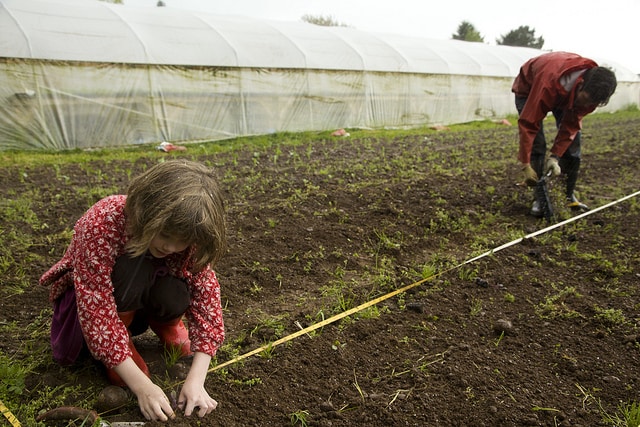As we move into 2022, after the disastrous COP26, consumers across the world are asking of their brands: what are you doing about sustainable farming?
Unfortunately, many top brands and leading names are flaunting a marketing tactic known as “greenwashing”, which is designed to mislead customers that a brand and its policies are environmentally friendly or sustainable when in actual fact, they are often far from it.
Since the things that we consume and fund are coming into question, it’s time we asked more of them. Is their agriculture sustainable? Are their farming practices affecting the land? How will the company produce products in the future?
This article will explore two companies who are leading the way in terms of sustainable farming by analysing their actual performance, instead of their marketing.
What is sustainable farming?
The word sustainability refers to how a process or growth can be maintained at a certain level. This means that the rate of farming produced by a company must not negatively impact the rate that can be achieved in the future.
One of the poignant issues faced by unsustainable farming is soil infertility. This can be caused by monoculture practices (farming only one type of crop without a legume rotation), large-scale land clearing, the relentless overuse of chemical fertiliser, over-cultivation, and climate change.
The short-term impact of soil infertility is a lost crop and loss of sustainability. The longer-term secondary impacts include everything from poverty and drought, contribution to climate change, mass ecosystem and habitat destruction for wildlife, natural resource extinction, and ecological migration.
So, what are the two companies working towards a brighter future for our agriculture?
Freight Farms
Freight Farms is dedicated to the innovation of new agricultural technology. They have developed rooftop solutions of urban agricultural systems which can be scaled depending on space – this helped them to achieve freight container farms.
They use 40-foot containers to hold over 4,500 growing sites – each fitted with seedling areas and climate control sensors to ensure optimal conditions. By using this system, the company uses 90% less water than traditional systems, allows for year-round growth, and protects marginal land from exploitation.
Good Eggs
Turning from agricultural technology to a cultural and local focus, Good Eggs understands that truly sustainable farming will need to involve everyone from farmers to consumers. They promote transparency between these bridges of the agricultural process and ensure animals are healthy and happy.
They encourage farmers to expand their current market, choosing free-range products and sustainable crops for the local environment.
When it comes to sustainable farming, companies worldwide are seeing more engagement from consumers and customers when they practice environmentally conscious agriculture. Find out more about the trends in sustainable farming when you visit Verdesian Life Sciences.





